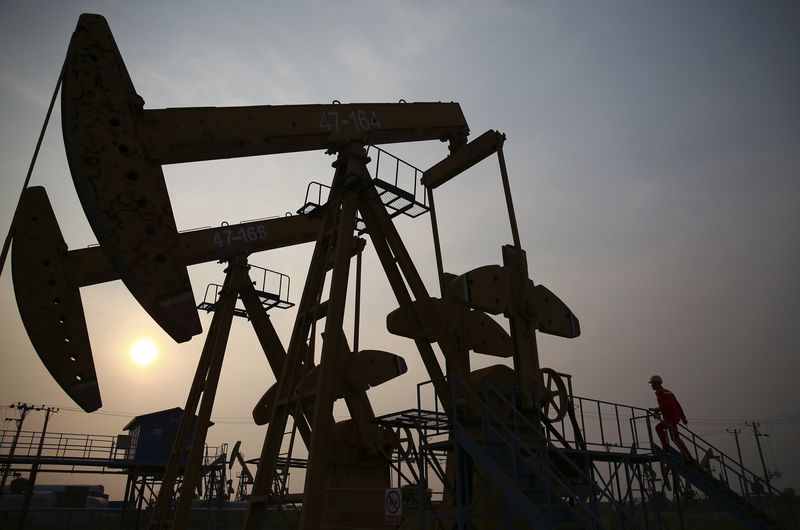* No recovery in sight for jet cracks - traders
* Jet fuel market seen under pressure in coming months - sources
* Q2 jet fuel demand seen 70% lower yoy - JBC Energy (Adds details, New York prices, context)
By Koustav Samanta
SINGAPORE, March 24 (Reuters) - Jet fuel prices are falling globally from Singapore to New York as airlines ground flights amid stringent travel restrictions to contain the coronavirus pandemic.
Asian jet fuel refining margins have turned negative for the first time in over a decade, while jet fuel prices in New York fell to the lowest on record as demand for the fuel is anticipated to drop by as much as 70% in the second quarter.
Most international flights are currently grounded as nations worldwide try to stem the pandemic, which has killed nearly 14,000 people and sickened more than 375,000 over the last few months.
"Global air traffic is down by about 40-45% at present, according to flight tracking sources, with further deterioration expected over the coming weeks as more flight restrictions and airline capacity reductions take effect," said Richard Gorry, managing director at JBC Energy Asia.
In the New York Harbor market, jet fuel JET-DIFF-NYH traded at 30 cents a gallon below the futures contract for ultra low-sulfur diesel HOc1 on Tuesday morning, traders said, the lowest on record.
The falling prices put pressure on refiners, who extract a profit from converting crude oil into fuels like gasoline, diesel and jet.
Asia's already-battered profit margins are expected to come under further pressure as there is no concrete recovery timeframe in sight, trade sources said. expect global jet/kero demand to fall by 4.3 million barrels per day (bpd) quarter-on quarter in Q2-2020 to just 2.5 million bpd, representing a year-on-year decline of 5.6 million bpd (-70%) as air passenger travel activity is reduced to a minimum."
Refining margins for jet fuel JETSGCKMc1 plunged to minus 7 cents per barrel over Dubai crude on Monday, a level not seen in the last 11 years, according to Refinitiv Eikon data that goes back as far as March 2009.
Also known as cracks, refining margins are the difference in value between the raw material, crude oil, and the products churned out by refineries. A negative jet fuel refinery margin means refiners would lose money by producing the aviation fuel at current prices, indicating they will either reduce jet fuel output or lower overall refinery throughput.
"I think the cracks haven't gone to their worst yet. Unless some vaccines come out soon, looks like it will really take some time to recover," a Singapore-based trader said, declining to be identified as he was not authorized to speak to media.
Traders said the market would remain under pressure until the third quarter, assuming the spread of the virus is contained by then.
Cracks for the aviation fuel in Singapore, which were above $10 a barrel as recently as March 10, have plummeted recently and are currently trading at their worst levels in at least twelve years, Refinitiv Eikon data showed.
Australian fuel supplier Viva Energy VEA.AX said on Tuesday it expects jet fuel demand to plunge by up to 90%, while its peer Caltex Australia CTX.AX forecast a similar demand drop during the period of flight cancellations. jet fuel prices JET-SIN are down nearly 54% in March alone, while cash differentials for the aviation fuel in Singapore JET-SIN-DIF have slumped to their lowest levels in over a year. Asia jet fuel margins dive into the red for the first time in 10+ years amid global lockdown
https://reut.rs/2Uu4BNa
^^^^^^^^^^^^^^^^^^^^^^^^^^^^^^^^^^^^^^^^^^^^^^^^^^^^^^^^^^^>
